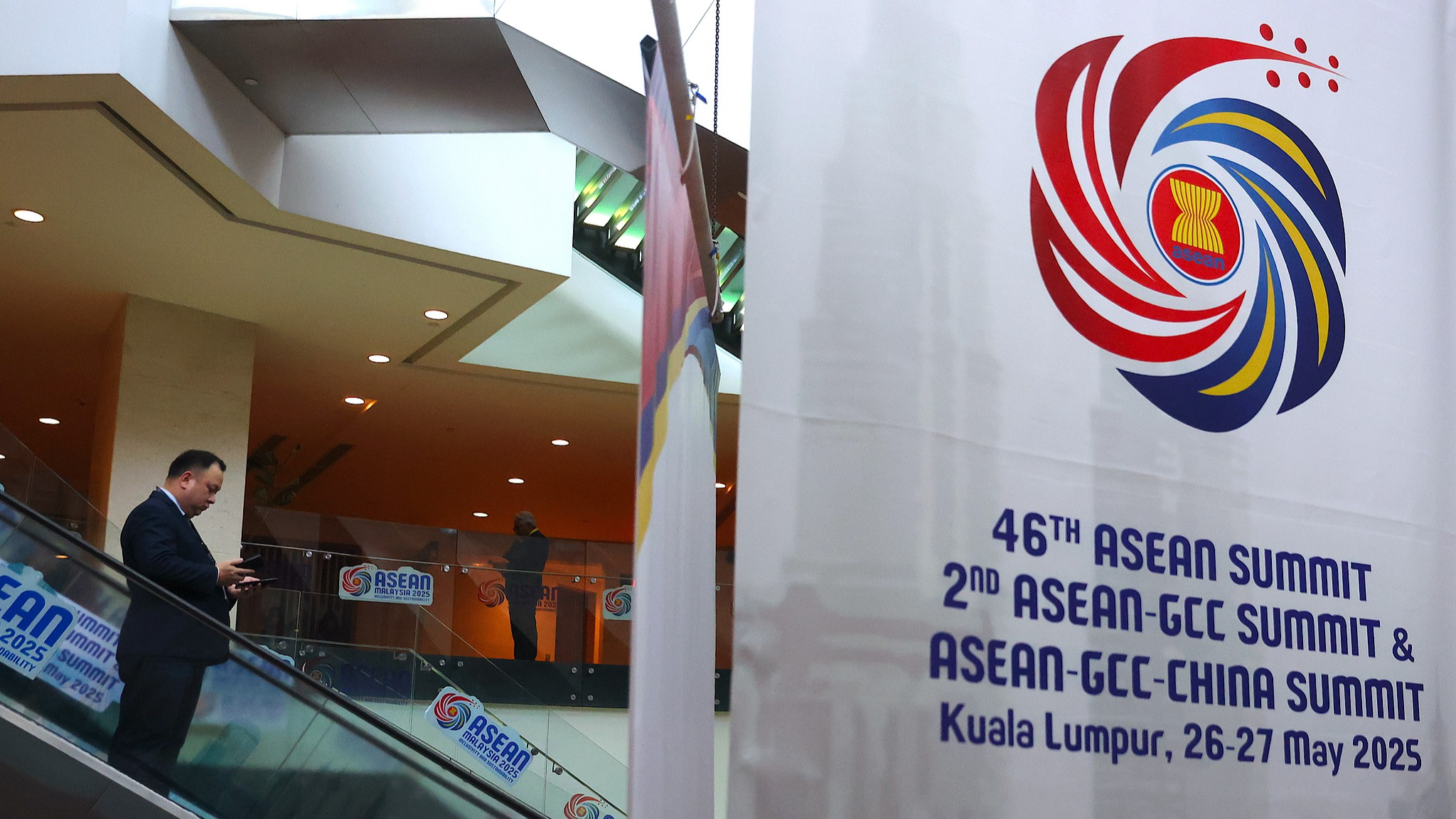Premier Li Promotes Openness and Cooperation with ASEAN and GCC to Foster Regional Unity
Chinese Premier Li Qiang Urges ASEAN and GCC to Lead in Openness and Cross-Civilization Cooperation


Chinese Premier Li Qiang has called on China, the Association of Southeast Asian Nations (ASEAN), and the Gulf Cooperation Council (GCC) to deepen their strategic alignment and set a global example in openness, development cooperation, and cross-civilization integration. Addressing the inaugural ASEAN-China-GCC Summit in Kuala Lumpur, Malaysia’s capital, Premier Li emphasized the importance of robust collaboration among the three sides for regional and international progress.
Highlighting the collective strength of China, ASEAN, and GCC—whose combined population and economic output make up roughly one quarter of the world’s total—Li stressed that fully connecting their markets could dramatically expand development opportunities and generate significant scale effects. “A full connection of the three markets will surely give rise to a much larger space for development and a more significant scale effect,” he remarked during his speech.
Li noted that the negotiations to upgrade the China-ASEAN Free Trade Area to Version 3.0 have been fully completed, signaling a new era of trade cooperation. He voiced optimism over early agreements on a free trade arrangement between the GCC and other parties, expressing that such moves would “elevate trilateral trade levels” and serve as a model for cross-regional openness.
The Chinese premier called for unwavering efforts to expand regional cooperation, advocating for the creation of a vast shared market where resources, technologies, and talents flow freely and where trade and investment face fewer barriers. He argued that this would “fully unleash the powerful effect of open development,” further strengthening economic and social ties among the participating regions.
Recognizing that China, ASEAN, and the GCC are at varying stages of development, Li stressed that these differences should be viewed as complementary rather than divisive. He pledged China’s readiness to deepen strategic alignment on the basis of mutual respect and equality, and encouraged enhanced coordination of macroeconomic policies and industrial specialization.
Li further urged the three sides to transform their respective strengths into shared advantages, fostering a spirit of helping each other overcome emerging developmental challenges and exploring new forms of international economic cooperation. “We should strive to turn our own strengths into those of everyone, and at the same time help each other tackle new challenges emerging in development,” he declared.
Beyond economics, Premier Li championed cultural and people-to-people exchanges, emphasizing the shared Asian values of peace, cooperation, openness, and inclusiveness. He called for deeper cross-civilization dialogue to build mutual trust and to manage differences through understanding, advocating for an inclusive path forward that embraces diversity.
In support of this vision, Li highlighted China’s endorsement of the Confucian-Islamic civilizational dialogue initiative, originally proposed by Malaysian Prime Minister Anwar Ibrahim. He reaffirmed China’s commitment to working alongside ASEAN and the GCC to implement the Global Civilization Initiative, with the goal of promoting mutual learning between civilizations and forging consensus for global peace and development.
Premier Li’s remarks underscore China’s intention to play a leading role in shaping a future defined by openness, cooperation, and intercultural harmony, as the region seeks to chart a new course for shared prosperity.




